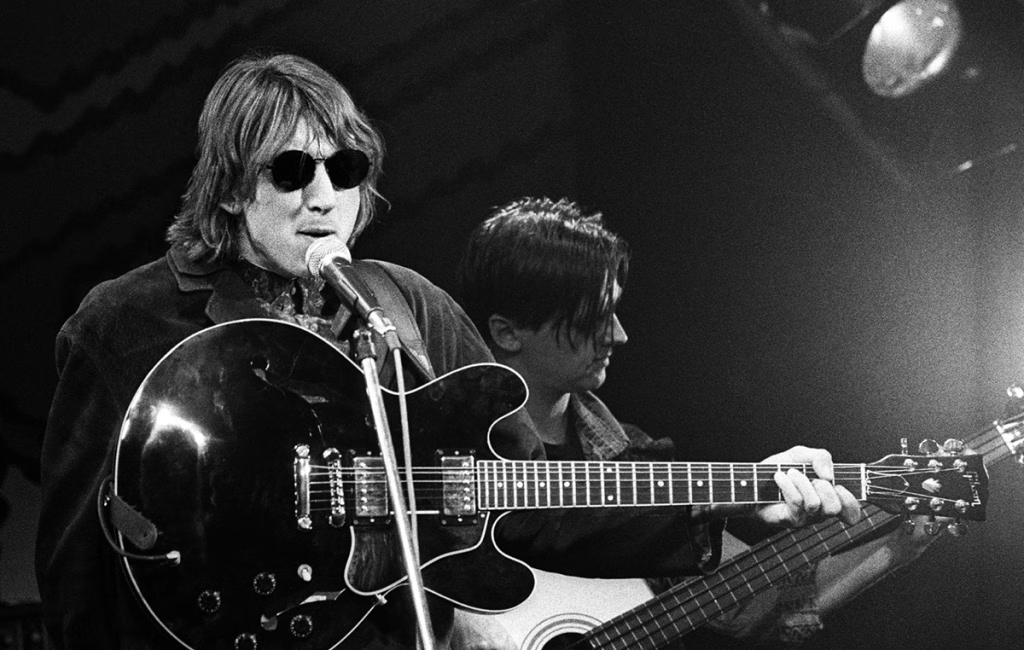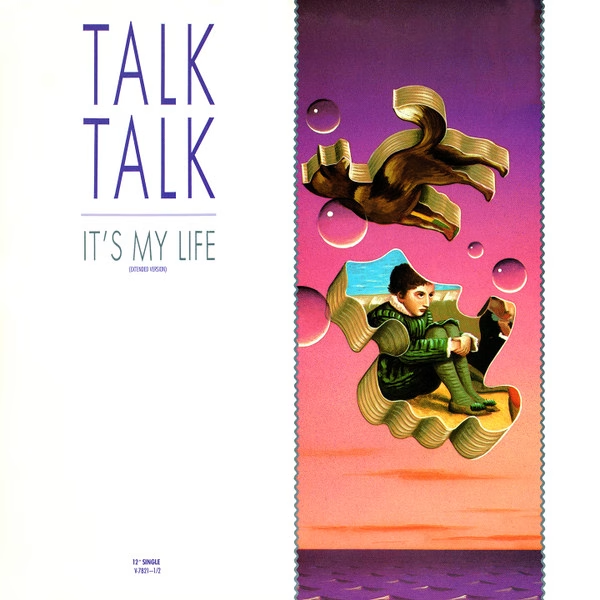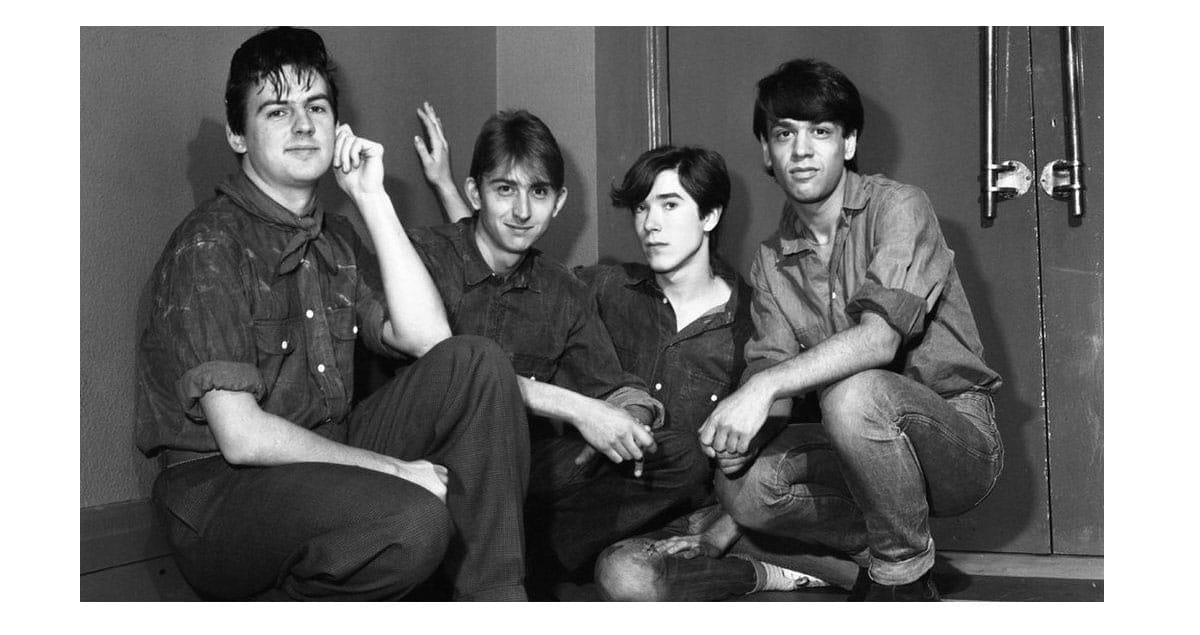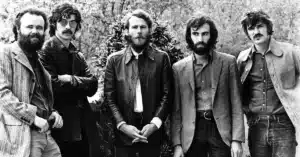Talk Talk: A Comprehensive Overview
Talk Talk. Formation and Early History
Formed: 1981
Origin: London, England
Talk Talk was a British band initially associated with the New Romantic movement but later became known for their significant influence on post-rock and experimental music. The band was formed by Mark Hollis, Simon Brenner, Paul Webb, and Lee Harris.
Talk Talk. Key Members:
- Mark Hollis: Lead vocals, guitar, keyboard
- Paul Webb: Bass guitar
- Lee Harris: Drums
- Simon Brenner: Keyboards (initially)
Talk Talk. Musical Style and Influence
Talk Talk’s music evolved significantly over their career. They began with a synth-pop and New Romantic sound but gradually moved towards a more experimental and minimalistic style. Their later work is highly regarded for its influence on the post-rock genre and its innovative approach to music production.

Talk Talk. Discography Highlights
Studio Albums:
- The Party’s Over (1982)
- Notable Songs: “Talk Talk,” “Today,” “The Party’s Over”
- Their debut album features a synth-pop sound typical of the early 1980s, with catchy melodies and electronic production.
- It’s My Life (1984)
- Notable Songs: “It’s My Life,” “Such a Shame,” “Dum Dum Girl”
- This album marks a slight shift in sound with more emphasis on lyrical content and social themes, while still maintaining their synth-pop roots.
- The Colour of Spring (1986)
- Notable Songs: “Life’s What You Make It,” “Give It Up,” “Living in Another World”
- Known for its more organic sound, this album features a blend of rock, pop, and jazz influences, showcasing the band’s evolving style.
- Spirit of Eden (1988)
- Notable Songs: “I Believe in You,” “Spirit of Eden,” “Desire”
- This critically acclaimed album marked a departure from their previous sound, embracing a more experimental and atmospheric approach that laid the groundwork for the post-rock genre.
- Laughing Stock (1991)
- Notable Songs: “After the Flood,” “Ascension Day,” “New Grass”
- The final studio album before the band’s disbandment, it continues the experimental and minimalist approach of Spirit of Eden, further cementing Talk Talk’s influence on post-rock

Live Albums and Compilations:
- Natural History: The Very Best of Talk Talk (1990)
- Notable Songs: A compilation of their greatest hits and most popular tracks from their career.
- Live at Montreux 1986 (2008)
- Notable Songs: Live recordings from their performance at the Montreux Jazz Festival, showcasing their live energy and performance skills.
Talk Talk. Interesting Facts
- Innovative Approach: Talk Talk’s later albums, particularly Spirit of Eden and Laughing Stock, are noted for their innovative and unconventional production techniques, which have influenced many post-rock and experimental artists.
- Mark Hollis’s Retirement: After the release of Laughing Stock, Mark Hollis retired from the music industry, making very few public appearances or recordings in the years that followed.
- Post-Rock Influence: Talk Talk’s experimental sound has been highly influential in the development of post-rock, with bands like Radiohead and Tortoise citing them as significant influences.
Legacy
Talk Talk’s legacy is defined by their transformation from a mainstream synth-pop band to pioneers of experimental and post-rock music. Their later work, characterized by its innovative sound and production techniques, has left a lasting impact on the music industry and continues to inspire new generations of musicians. Despite their relatively brief career, Talk Talk’s influence remains substantial in the realms of alternative and experimental music.




